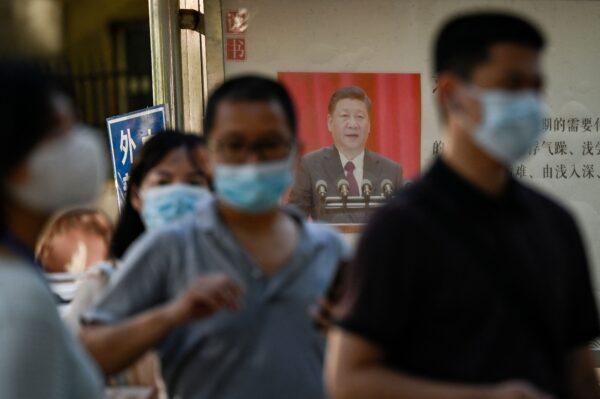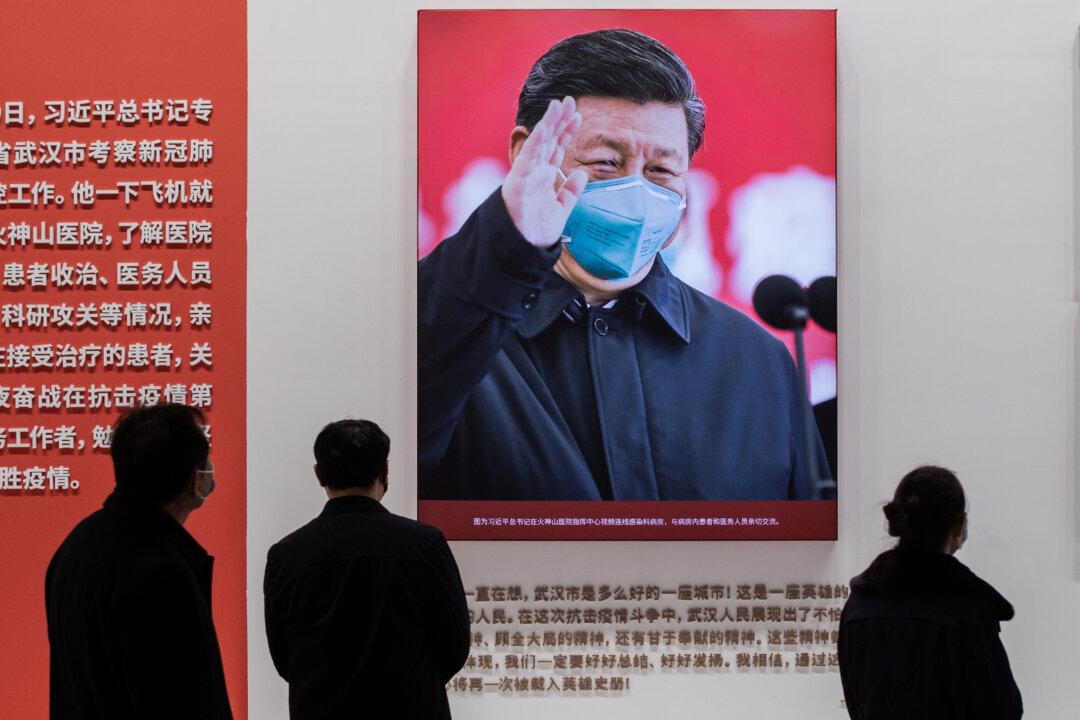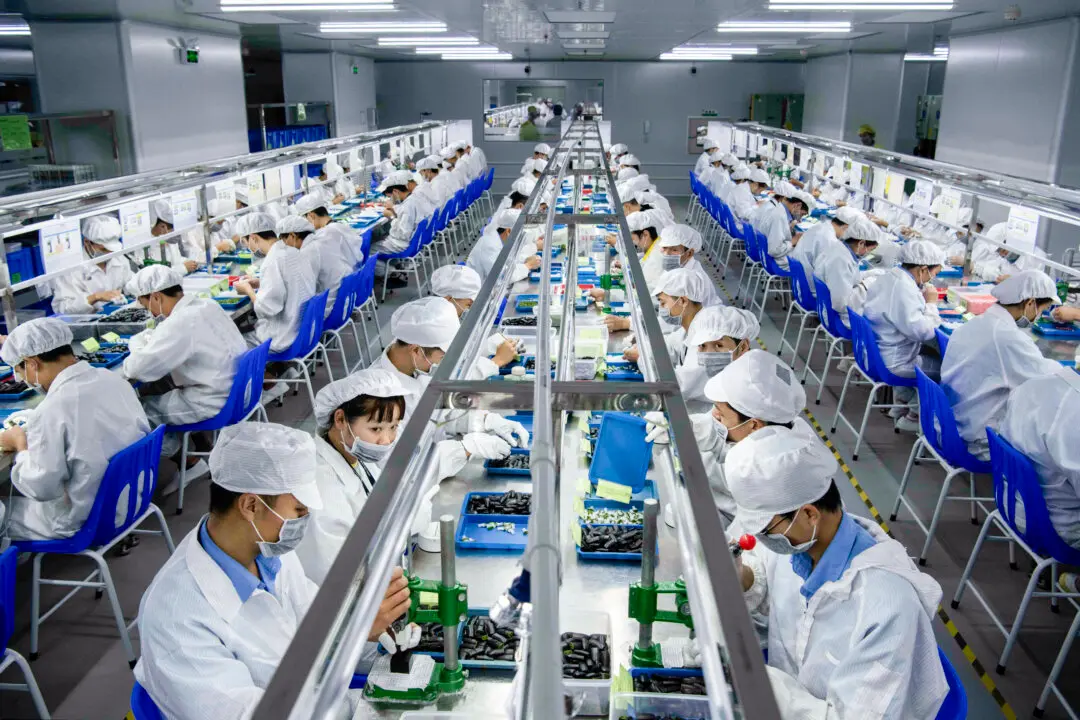The Chinese Communist Party (CCP) won’t end its zero-COVID-19 policy approach anytime soon as the legitimacy of the Party’s leader now rests on results of the health battle, though it comes at the expense of human rights.
Yanzhong Huang, a senior fellow for global health at the Council on Foreign Relations, shed light on the second-order problems caused by the prolonged and stringent implementation of the CCP’s zero-COVID approach.
“[Moving] away from zero-COVID is the only wise approach to transcend this human rights dilemma,” Huang told the panel.
But according to Rory Truex, assistant professor of politics and international affairs at Princeton University, it’s not easy for leaders of the CCP to rethink their response to outbreaks.
The reason, he said, is because the strategy to quash outbreaks has been “tied personally to the party leader who will lose stature in the system if the policy were to fail.”

The zero-COVID approach, which has now become a signature policy for Xi, should be understood as a political campaign, according to Truex.
“This is a style of governance that was more common, of course, in the Mao era, but has seen a resurgence under a different form under Xi Jinping. In a campaign, the core leader announces a vague, ambitious policy goal, and lower level officials are left to fill in the blanks and implement policies to achieve the goal as best they can,” the researcher said. “This approach is often problematic as lower-level officials struggle to achieve targets, falsify data, and engage in performance to show their zeal to central leadership.”
According to the political expert, Xi sent a message that there is no immediate exit from the COVID curb strategy as he promoted the officials who faithfully implemented the draconian policy, namely Shanghai Party chief Li Qiang and Beijing Party secretary Cai Qi.
“Cai Qi is now the second-rank CCP member and is slated to take over the office of Premier. This means that the new Politburo Standing Committee is, in some sense, tainted by the zero COVID policy, and will have a strong vested interest in maintaining the perception that has been a success,” he said.
Call for Action
As no substantial changes to the policy are expected, the United States should continue to help Chinese citizens who sought to shed light on the pandemic inside China, advocates told the panel.Sarah Cook, Freedom House’s research director for China, Hong Kong, and Taiwan, urged U.S. officials to consistently raise the issues of China’s press freedom and political prisoners in both public and private meetings with Chinese counterparts.
One such prisoner of conscience is Zhang Zhan, a former lawyer turned journalist who is serving a four-year term behind bars merely for reporting about the early COVID-19 outbreak in Wuhan.
The 39-year-old Zhang traveled to Wuhan in February to record the chaotic scenes unfolding at the pandemic’s epicenter during its initial lockdown. She detailed her visits and interviews conducted at hospitals, quarantine centers, and the Wuhan Institute of Virology in dozens of shaky cell phone videos uploaded on YouTube, challenging the CCP narrative that the outbreak was under control. Zhang was later charged with “picking quarrels and stirring up trouble,” a charge often laid by authorities against dissidents and whistleblowers.
Consistent international attention could help Zhang and other imprisoned Chinese nationals at least get more protection, though it’s hard to get them released in Xi’s China, Truex said.
“It helps protect them, it helps them get medical care, it gets to their family and to see them, it gets those lawyers to see them, sometimes it gets them out on medical parole, and it really can save people’s lives, even if it doesn’t get them out.”




